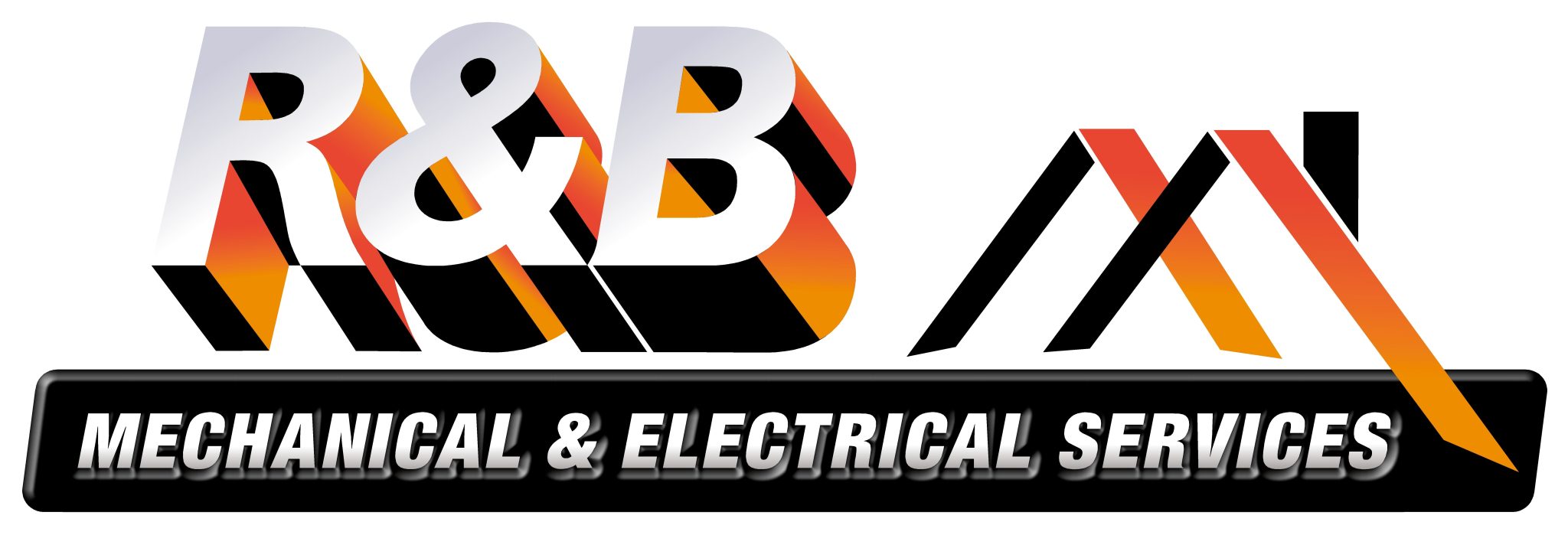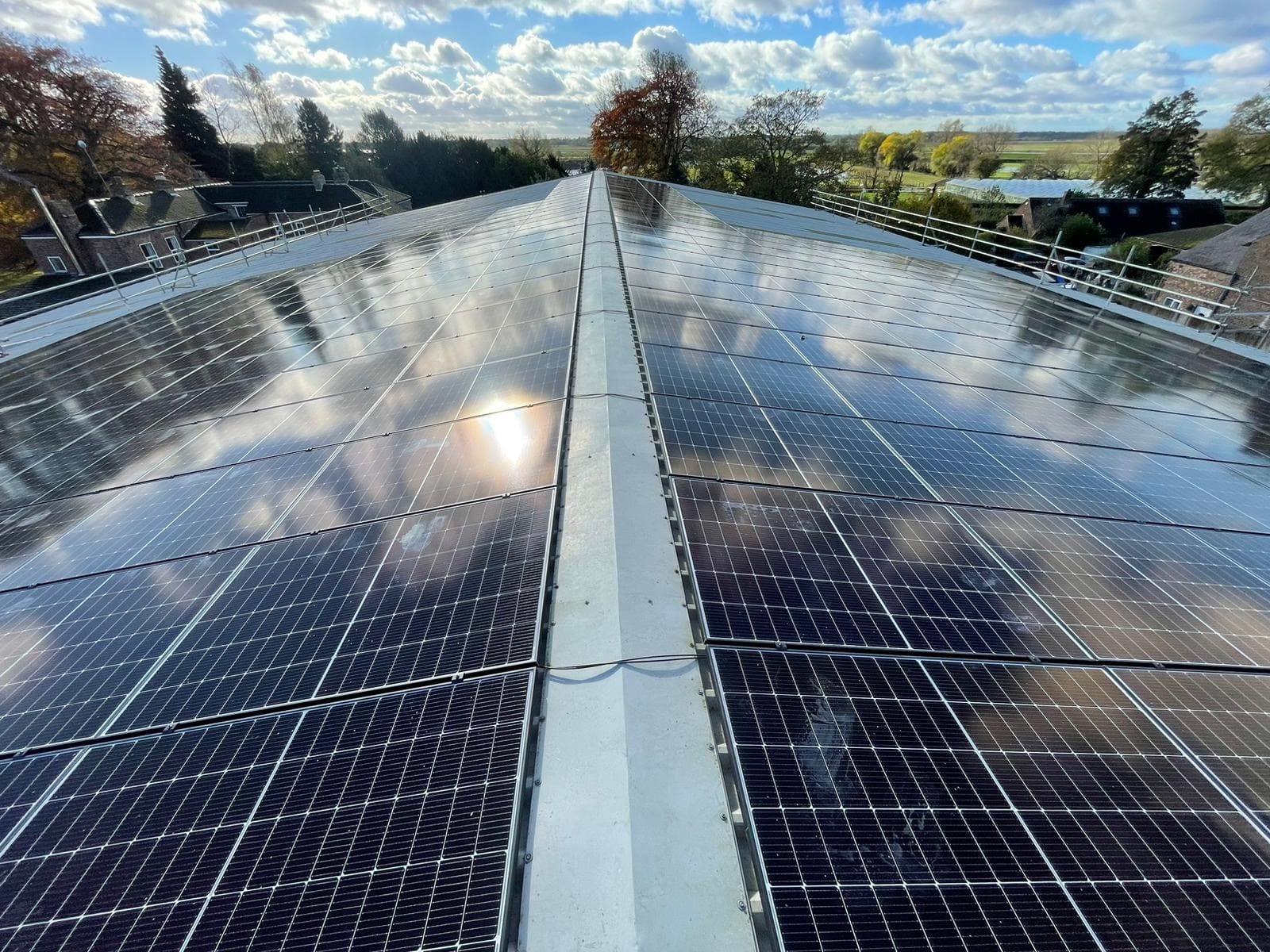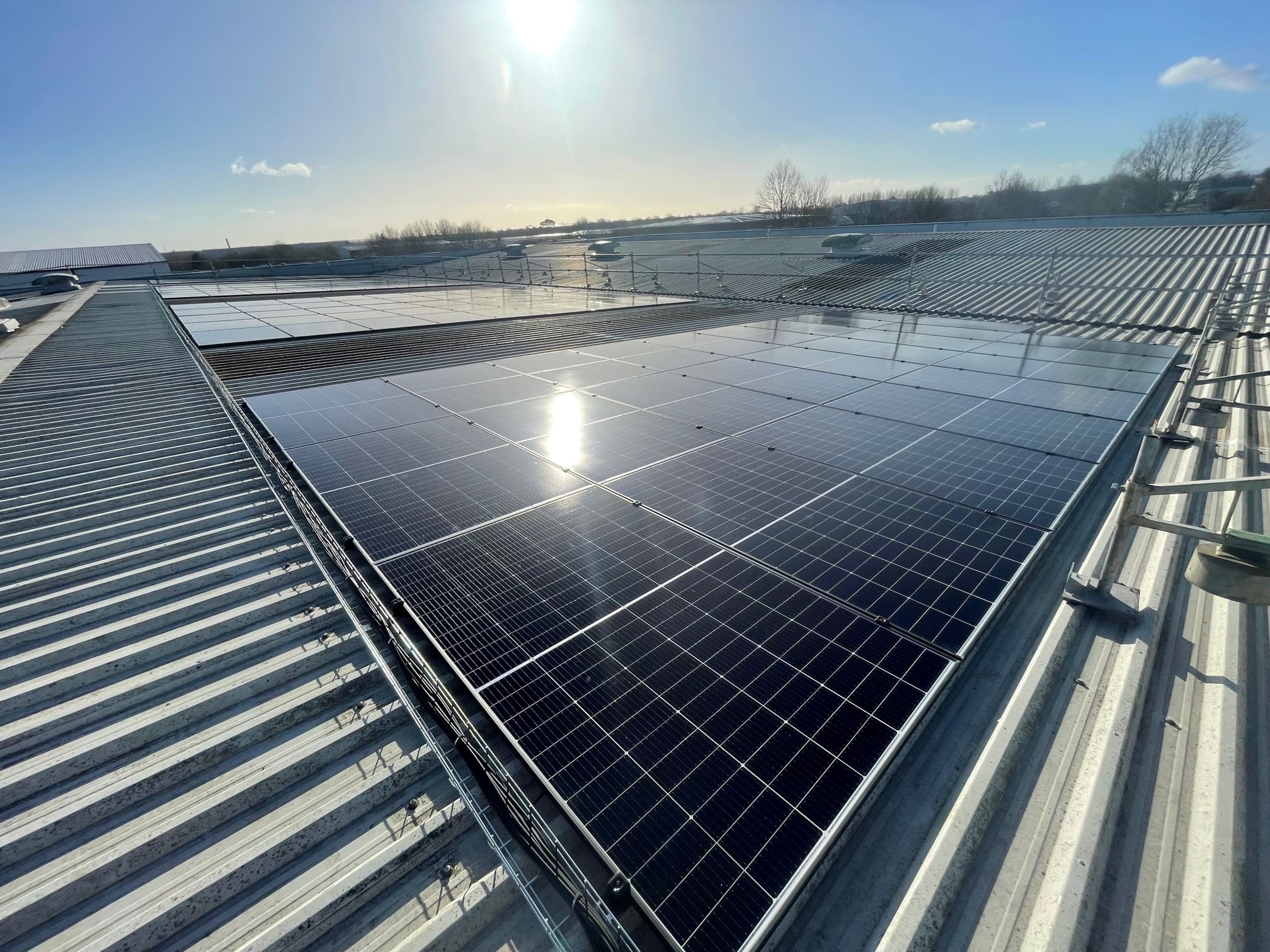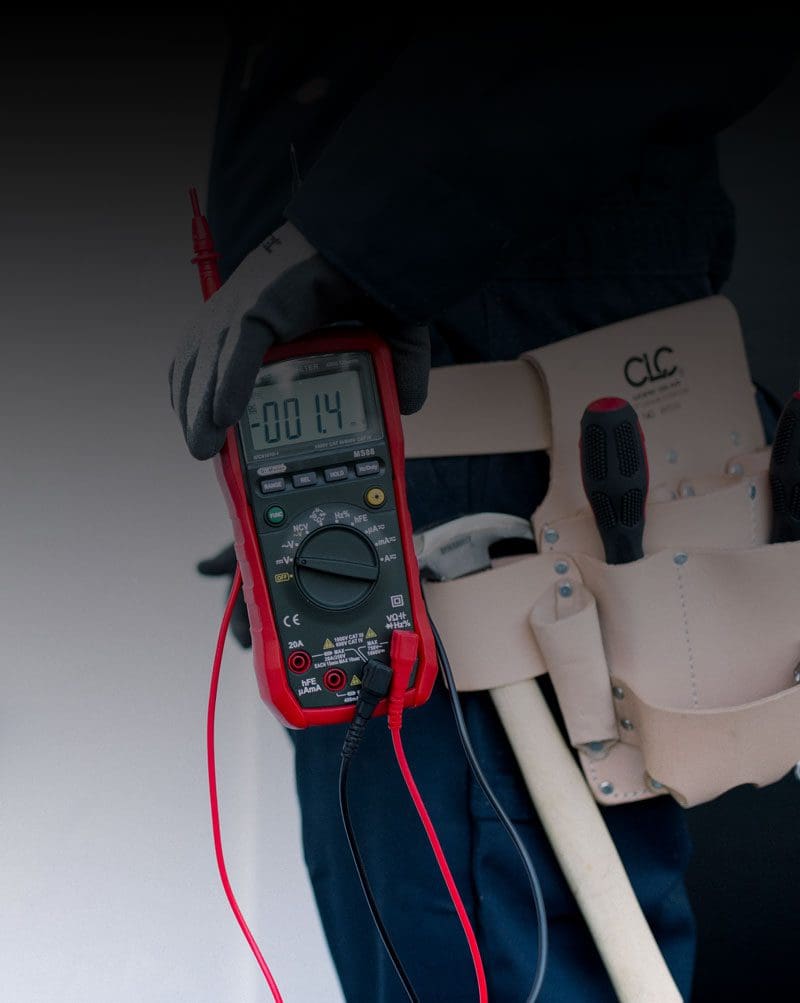Powering Up UK Businesses:
A Comprehensive Guide to Commercial Solar Grants in 2025.
The UK is committed to its net-zero targets, and supporting businesses in their transition to renewable energy is a key part of this ambition. In 2025, a range of industrial and commercial grant schemes, along with other financial incentives, are available to help businesses significantly reduce the upfront costs of solar panel installation. This article details the current landscape of funding, eligibility criteria, and the scope of these vital schemes.
The UK's Commitment to Commercial Solar
Businesses in the UK are increasingly recognising the myriad benefits of solar energy, from reduced operating costs and protection against volatile energy prices to enhanced corporate social responsibility. The government, through various initiatives, aims to accelerate this adoption. While a single, overarching “solar panel grant” for all businesses may not exist, a combination of national and local schemes, along with tax benefits, creates a robust support system.
Key Grant Schemes and Incentives for Businesses in 2025
Here’s a breakdown of the primary avenues for funding and financial support for commercial solar installations in the UK:
- UK Shared Prosperity Fund (UKSPF) – Local Solar Grants
The UKSPF is a significant source of local funding, extended until March 31, 2026. This fund empowers local councils and growth hubs to offer grants tailored to the specific needs of their regions.
- What it covers: The UKSPF Low Carbon Project often provides financial contributions towards eligible costs of energy-saving interventions, including commercial solar panels.
- Percentage of costs covered: Grants commonly cover 30-50% of eligible project costs, with typical caps ranging from £5,000 to £10,000. However, some regions may offer up to 75% or even more depending on the specific scheme.
- Eligibility Criteria:
- Be a Small or Medium-sized Enterprise (SME) (generally, employing no more than 249 people).
- Have commercial premises in eligible areas where funding is available.
- Not have received more than £315,000 in Minimal Financial Assistance subsidy over the last three years.
- Be able to provide 12 months’ energy bills.
- Some local schemes may require an independent energy or carbon assessment recommending the project.
- Smallest and Largest Systems: The specific size limitations will vary by local authority. It’s crucial to check with your local council or regional Growth Hub for precise details, as they tailor schemes to local priorities. Generally, smaller systems suitable for SMEs are targeted, but larger installations may be considered within the defined grant caps.
- Array Type: These grants are typically available for roof-mounted solar arrays, as they are generally intended for installations on existing commercial buildings. Ground-mounted arrays are less commonly specified, but it’s worth checking with individual local authorities.
- Application Process: Contact your local council’s website or regional Growth Hub, searching for “business grants,” “sustainability grants,” or “renewable energy grants.” The UK Government’s business support finder tool can also assist. Grants are often awarded on a first-come, first-served basis.
- Smart Export Guarantee (SEG)
While not a direct grant for installation, the SEG is a crucial financial incentive that allows businesses to earn revenue from surplus solar energy.
- What it covers: Energy suppliers pay businesses for each unit (kWh) of excess electricity generated by their solar panels and exported to the grid.
- Percentage of costs covered: The SEG doesn’t cover installation costs directly but provides an ongoing income stream that improves the return on investment for solar panels. The earning rate in 2025 can range from approximately 5p to 15p per kWh, depending on the energy provider and chosen tariff.
- Eligibility Criteria:
- The solar PV system must have a capacity of up to 5MW.
- The system must be certified under the Microgeneration Certification Scheme (MCS).
- A smart meter must be installed to record export readings.
- Smallest and Largest Systems: The SEG is open to systems up to 5MW, accommodating a wide range of commercial and industrial installations, from small rooftop systems to significant industrial arrays.
- Array Type: The SEG applies to electricity generated by eligible solar PV systems, regardless of whether they are roof-mounted or ground-mounted, as long as they meet the MCS certification and capacity requirements.
- Application Process: Compare SEG rates from different energy providers and register with the best tariff.
- Industrial Energy Transformation Fund (IETF)
The IETF is designed for high-energy-consuming industrial businesses to support investments in low-carbon technologies and energy efficiency.
- Important Note: The IETF is not typically for standard business solar panel installations. It focuses on deep decarbonisation projects within industrial processes.
- What it covers: Process efficiency improvements, waste heat recovery systems, heat pumps, and feasibility studies for decarbonisation. Solar PV can be part of a wider decarbonisation project if it contributes to the overall industrial process transformation.
- Percentage of costs covered: Offers match-funding, up to 50% for large companies, with higher percentages potentially available for SMEs. Grants can be substantial, reaching up to £6 million in previous rounds.
- Eligibility Criteria: Businesses must be high-energy consumers in specific industrial sectors. Eligibility varies per phase, and applications are typically accepted during specific window periods.
- Smallest and Largest Systems: The IETF supports larger-scale, industrial-grade projects.
- Array Type: Solar PV components must be integrated into the broader industrial decarbonisation strategy.
- Application Process: Businesses can join the IETF during specific window periods. Details are usually found on the UK government’s business support pages.
- 0% VAT on Solar Panels & Batteries
This is a significant, broad incentive, active until March 31, 2027.
- What it covers: A temporary 0% VAT rate on the supply and installation of solar panels, batteries, and other energy-saving materials.
- Percentage of costs covered: This is a direct saving of 20% on the cost of eligible materials and installation services. For an average 4kW solar system and battery installation, this can amount to savings of up to £2,850.
- Eligibility Criteria: Available to all UK businesses and homeowners purchasing and installing solar panels or battery storage, provided a VAT-registered installer supplies and fits the hardware.
- Smallest and Largest Systems: Applies to all sizes of solar installations.
- Array Type: Applicable to both roof-mounted and ground-mounted arrays, as it relates to the supply and installation of the equipment itself.
- Application Process: The discount is automatically applied by certified installers, so no separate application is required from the business.
- Annual Investment Allowance (AIA) and Full Expensing
These are tax reliefs that significantly reduce the taxable profits of businesses investing in plant and machinery.
- What it covers: Businesses can deduct 100% of the cost of qualifying plant and machinery, including solar panels, from their profits in the year of purchase (Full Expensing). The AIA allows businesses to deduct 100% of the cost of qualifying plant and machinery up to a limit of £1 million per year.
- Percentage of costs covered: These are tax benefits, not direct grants. They effectively reduce the net cost of the investment by reducing the amount of corporation tax payable.
- Eligibility Criteria: Applicable to businesses that own and invest in solar panels, generally excluding businesses that rely on solar energy for revenue generation (e.g., solar farms).
- Smallest and Largest Systems: Applies to solar panel investments up to the £1 million AIA limit, suitable for a broad range of commercial installations.
- Array Type: Applies to both roof-mounted and ground-mounted systems as capital expenditure.
- Application Process: Businesses claim these allowances through their company tax returns.
- Regional and Sector-Specific Schemes
Beyond national initiatives, various regional and sector-specific grants may be available. Examples include:
- Solar Funding for Farming (England): The Rural Payments Agency (RPA) offers grants to farmers and horticultural businesses for solar PV systems to improve productivity and reduce environmental impact. This grant specifically covers rooftop solar PV panels on farm buildings or irrigation reservoirs; ground-mounted solar arrays are generally not eligible under this specific scheme. The maximum grant per business across all applications is £500,000, but businesses must cover the remaining costs. The application deadline for the current round is July 31, 2025.
- Net Zero Grant Programme (Birmingham and Solihull): Provides capital funding for solar PV systems and energy efficiency. While the first phase has closed, new funding is expected after April 2025.
- Green Business Loan Scheme (Wales): Offers loans ranging from £1,500 to £1.5 million for renewable energy projects, including solar.
- Non-Domestic Rates Relief (Scotland): Exempts new solar installations from business rates until 2035.
Businesses should always check with their local council, regional Growth Hubs, or specific industry bodies for the most up-to-date and localised grant opportunities.
General Criteria for Government Funding
While specific criteria vary by scheme, common requirements for businesses seeking government funding for solar panel installation include:
- Legal Entity: Be a legal entity such as a limited company, limited liability partnership, co-operative, or registered charity (sole traders and partnerships using cash-based accounting may not always be eligible for all schemes).
- Financial Viability: Demonstrate financial viability and the ability to provide any required match funding (the percentage of costs required from the business owner). For many grants, this can be from 25% to 70% or more, depending on the grant and the total project cost.
- Accreditation: Ensure the solar panel installer is Microgeneration Certification Scheme (MCS) certified. This is a mandatory requirement for schemes like the SEG and often for other grants, ensuring quality and compliance.
- Energy Performance: Some schemes may require the property to have a certain Energy Performance Certificate (EPC) rating or aim to improve it significantly.
- Carbon Reduction: Projects should demonstrate a clear contribution to carbon reduction targets.
- Location: The business must be located within the geographical area covered by the specific grant scheme.
- Subsidy Limits: Be aware of “Minimal Financial Assistance” (formerly “de minimis aid”) limits, which cap the total amount of state aid a business can receive over a three-year period.
Smallest and Largest Systems Subsidised
- Smallest Systems: For domestic-focused schemes like ECO4 (which some businesses in social housing might indirectly benefit from, though not commercial entities directly), systems as small as 1kW for flats or 2kW for terraced houses might be considered. For commercial entities, the UKSPF can fund smaller SME installations, potentially starting from a few kilowatts. The 0% VAT applies to all sizes.
- Largest Systems: The Smart Export Guarantee (SEG) covers systems up to 5MW (5,000kW), making it suitable for very large commercial and industrial installations. The Industrial Energy Transformation Fund (IETF) also supports substantial, high-capacity projects.
Grant Availability for Roof-Mounted vs. Ground-Mounted Arrays
- Roof-Mounted: Most commercial grant schemes and incentives are highly favourable towards roof-mounted solar arrays, as they optimise existing building space and are a common form of commercial installation. The “Rooftop Solar Grant” in some regions, for example, specifically targeted larger commercial roofs.
- Ground-Mounted: The availability of grants for ground-mounted arrays is more varied and often depends on the specific scheme’s objectives.
- The Smart Export Guarantee (SEG) applies to both.
- The 0% VAT applies to both.
- Specific schemes like the “Solar Funding for Farming” grant explicitly state that ground-mounted solar arrays are not eligible, focusing instead on rooftop installations on farm buildings.
- For other localised grants (e.g., UKSPF), it’s crucial to check the specific criteria, as some may prioritise roof-mounted systems or have land-use considerations for ground arrays.
Take-up of Government Grant-Aided Solar Panel Systems in the UK (Past 5 Years)
While precise, granular data solely for commercial government grant-aided solar systems is complex to isolate from broader installation figures, we can observe overall trends and general indicators:
- Overall Solar Growth: The UK’s total solar capacity has seen significant growth. As of the end of April 2025, the UK has 18.1 GW of solar capacity across 1,780,000 installations, marking an increase of 5.9% (1GW) since April 2024.
- Installation Volume: Last year saw 191,000 solar installations added in the UK. While a 3% decrease from 2023 (197,000), this number is substantially higher than the average annual installations between 2016 and 2022 (63,000).
- Domestic vs. Non-Domestic: While the vast majority (86%) of solar PV installations by volume are domestic, commercial rooftop installations contributed approximately 20% of the 2.3GW of solar deployed across 2024. This indicates a healthy and growing uptake in the commercial sector.
- Ground-Mounted Contribution: As of March 2025, at least 43% of solar capacity (7.71GW) came from ground-mounted or standalone solar installations, including large-scale solar farms. This figure likely includes a mix of commercially and industrially funded projects, though not all necessarily via specific government grants for installation (many large-scale projects rely on private investment and the SEG).
- Shifting Landscape: The emphasis has shifted from direct installation grants (like the older Feed-in Tariff) towards supporting mechanisms like the SEG and tax reliefs, alongside localised grants. This has encouraged a more diverse and market-driven approach to solar adoption, with businesses factoring in long-term energy savings and revenue from exported power.
- Challenges: Despite the growth, analysts note that increasing planning application times could hinder future expansion in the UK.
Conclusion
In conclusion, 2025 presents a dynamic and supportive environment for UK businesses looking to invest in solar energy. By carefully navigating the available schemes, understanding the eligibility criteria, and engaging with accredited installers, businesses can significantly reduce the financial burden of adopting this clean, cost-saving technology. The continued growth in commercial installations underscores the increasing confidence and commitment of UK businesses towards a sustainable future.
Our Services
Commercial Solar Panels
We have designed and installed high yield commercial solar panel systems for many clients. We can provide all design and payback calculations and ongoing maintenance.
Agricultural Solar Panels
We have many years experience designing and installing agricultural solar panel systems for farm businesses and saving them huge costs on electrical energy.
Residential Solar Panels
Our design and solar panel installation engineers have over a decade of experience installing and maintaining solar PV systems for residential customers across the UK
Electrical Contractors
We are NICEIC registered electrical contractors and members of the Electrical Contractors Association for all industrial, commercial and residential electrical services including testing, inspection and compliance services.
Mechanical Services
We offer M&E design, calculation, estimation and full fit-out, installation and maintenance services to commercial clients. We also provide contract maintenance and building compliance and testing services
Solar Renewables
We are MCS and RECC registered solar panel installers for all commercial and residential solar panel installations including ground arrays and roof mounted PV systems and battery storage configurations.
EV Home Chargers
We fit all makes, models and types of EV Chargers for residential customers. We are Office for Zero Emission Vehicles (OZEV) authorised installers.
EV Workplace Chargers
We can undertake all required aspects of commercial EV charging point installation, from initial design and consultation to servicing and on-going maintenance.
Gas Boiler Engineers
We are Gas Safe Registered and undertake boiler installation, servicing and all gas safety checks for landlords and residential customers.
Solar Panel Installer
Photovoltaic Systems generate no greenhouse gases, a typical domestic system can save approximately 1.2 tonnes of carbon dioxide emissions per year – adding up to almost 30 tonnes over a system’s lifetime.
Our design and solar panel installation engineers have many years experience installing solar PV systems for industrial and commercial clients.
Contact Us
Solar Panel Enquiry
Address
Keighley, West Yorkshire
BD21 4PF
UK
What3Words
What3Words:///clocks.decide.pokers
Phone
Keighley: 01535 687010 Skipton: 01756 793039




